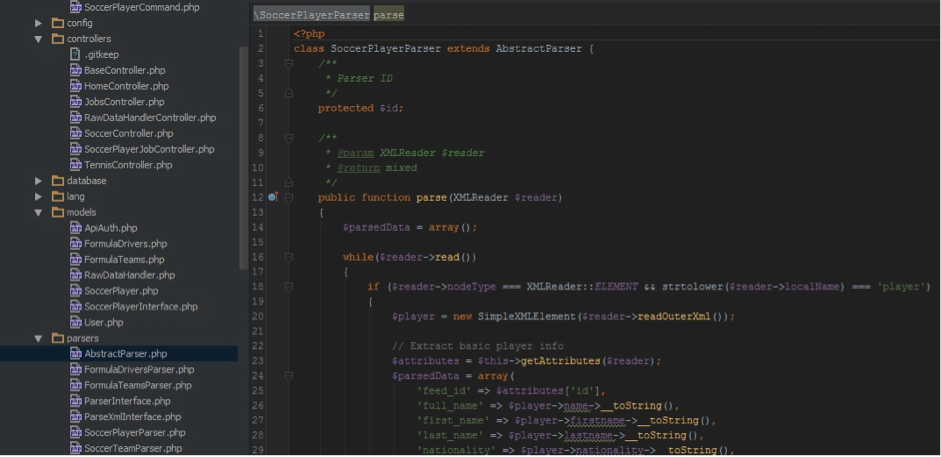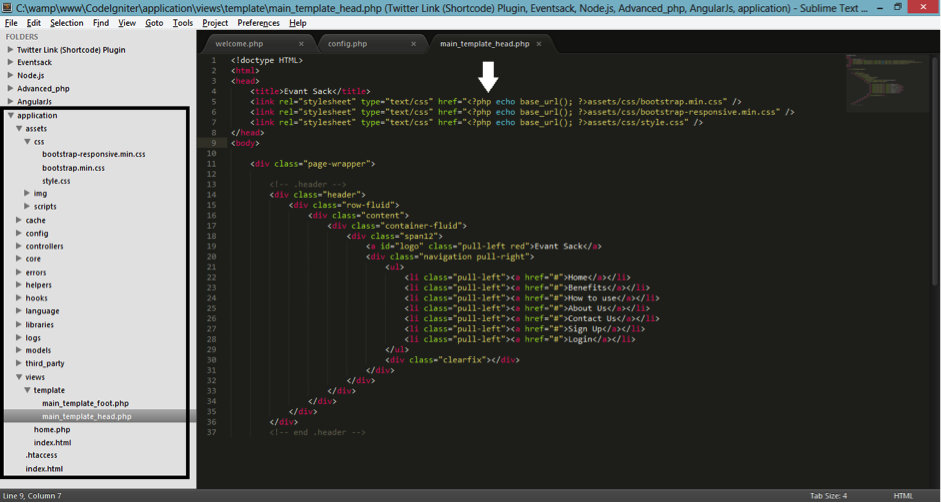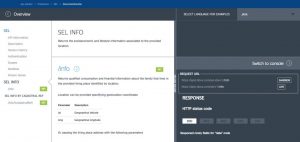PHP is one of the most widely used programming languages for developing web projects, mainly because of its enormous penetration in both web servers and operating systems. It's a robust solution and completely free of charge. Some of the greatest players on the Internet, like Wikipedia and Yahoo, use PHP for their sites, as do leading content editors like WordPress and Drupal. And PHP is also used, for example, by the well-known Apache servers.
There are several reasons why PHP is so popular:
– It's a language for developing dynamic web applications from the data stored in a database.
– The learning curve is very short because PHP developers have simplified its structure.
– PHP scripts are executed on the server, so no one can access them from a browser. That means greater security.
– It works seamlessly with open-source relational databases like MySQL, another solution widely used by developers.
– It supports object oriented programming.
Its enormous popularity has led to a vast array of useful tools for PHP developers, ranging from frameworks to libraries.
1. Frameworks
The use of a good framework can help developers save time and achieve better results: quality scripts, scalable projects, fast and robust web applications… Using a framework means that developers can store scripts in folders, access libraries and functions that will enrich the final project, and increase security.
PHP professionals can choose from a long list of development frameworks:
– Laravel:
A large community with extensive documentation is usually one of the things that developers look for when choosing a tool because it means they have several options if they make a mistake or reach a dead end. That's why Laravel is such a popular framework with PHP developers.
Released in 2011 as an open source framework for developing PHP web projects, it was created by Taylor Otwell. The latest version is 5.1. Like most frameworks, Laravel has the usual basics: routes, models, templates, views and controllers. It also has its own template engine, called Blade. These are the main features:
– It supports RESTful.
– It requires the installation of Composer, the tool for administering dependencies in PHP. This is useful because once the libraries for the project being developed have been declared, no further action is required from the developer.
– It follows the MVC (Model-View-Controller) pattern, which has two important advantages: greater security, and complete separation of the application logic from the user interface.
– It supports caching.

– CodeIgniter:
Like Laravel, CodeIgniter has a great community behind it feeding it with ample documentation. It's a simple but high performance development framework with some interesting features:
– It works with most environments and servers.
– It follows the MVC pattern.
– Separation between the framework core and the project script.
– Flexible development framework: developers can follow its coding rules or use their own. This means that there is no need to learn the framework structure because it can be changed. It supports the use of external templates.

– Symfony:
Symfony is a framework for developing web applications using the Model-View-Controller pattern. It was created by the company SensioLabs in 2005 and is distributed under the MIT open source license.
Completely developed in PHP, it can run on UNIX and Windows platforms and is compatible with most of the common database management systems: MySQL, Microsoft SQL Server, etc.
Its main features are as follows:
– The database management system can be changed at any time during development, which is a major advantage.
– It uses object oriented programming.
– It follows Model-View-Controller patterns.
– It's a development framework that greatly facilitates interoperability.
– It has its own user-friendly template engine (Twig).
– It has a cache system based on HTTP which enhances the performance of applications developed with Symfony.
2. PHP libraries
– PHP-CPP:
PHP-CPP is a C++ library for developing native extensions for PHP. The first major advantage offered by this library is that it can be used by PHP developers and also by developers who program in C++, a language with a syntax very similar to PHP. There is ample documentation for its projects and the source code is full of useful comments and explanations.
Developers who know how to program in PHP will find the PHP-CPP library very easy to use with variables, matrices, functions, objects, classes and exceptions. And they can also use all the added advantages provided by C++, such as arguments and asynchronous programming. PHP-CPP is an open source library and completely free of charge.
– Hoa:
Hoa is a modular, scalable and structured PHP library. There is a training manual (containing several chapters with technical information, exercises and examples) to get you started as well as additional documentation on how to use the API.
Hoa provides users with the ability to create their own libraries, which means that the script can be reutilized and shared between different developers and web projects. The idea is that any programmer can take a library developed by another user and adapt it to the needs of his or her own application with its features and tools.
– Mink:
Mink is a very popular library with PHP developers because it lets them test how their web applications interact with the browser to check that they work properly. Mink supports the following frameworks: PHPUnit, Behat and Symfony2.
3. Other PHP tools
– Pattern Lab
Pattern Lab is a framework for developing the front end of web projects and applications. It allows developers and designers to make decisions about templates and shows different alternatives during the development process. Designs can also be tested in browsers.
The tool facilitates front end design testing in small elements like buttons and labels for forms or complete templates with all their design components (logo, navigation, etc.).
– Guzzle:
Guzzle is a special framework comprising all the necessary tools for creating a client for REST services like Twitter or GitHub, a service for defining API inputs and outputs, high performance batch processing for sending large numbers of requests, etc.
It also eliminates redundancy in the creation of web service clients, and has caching mechanisms for the parallel execution of responses and queries.
Follow us on @BBVAAPIMarket












